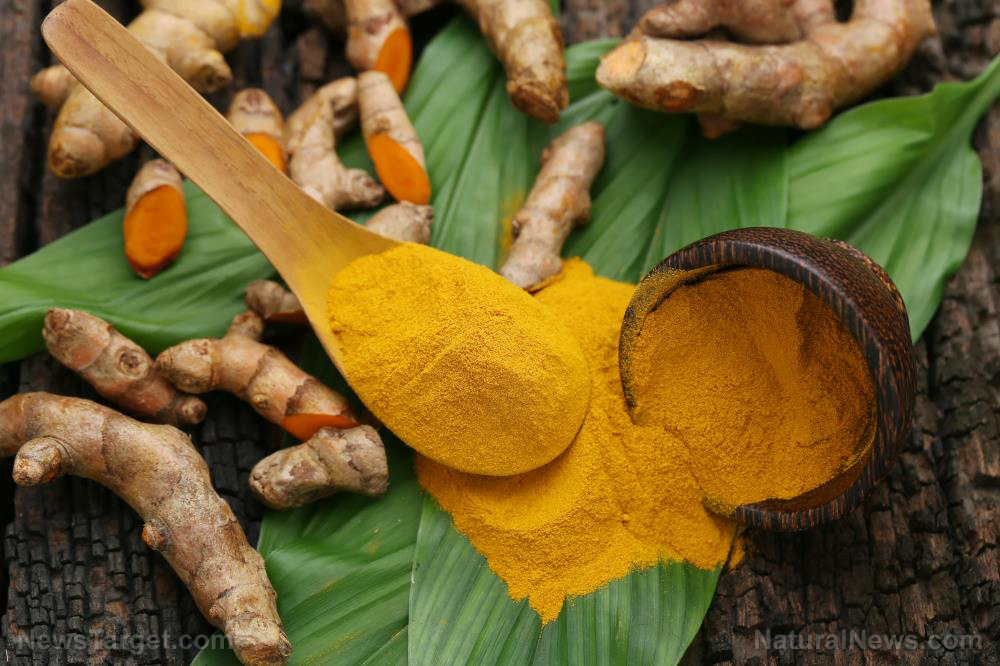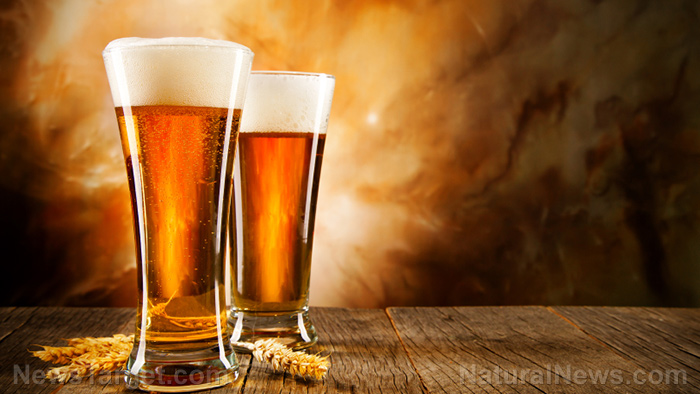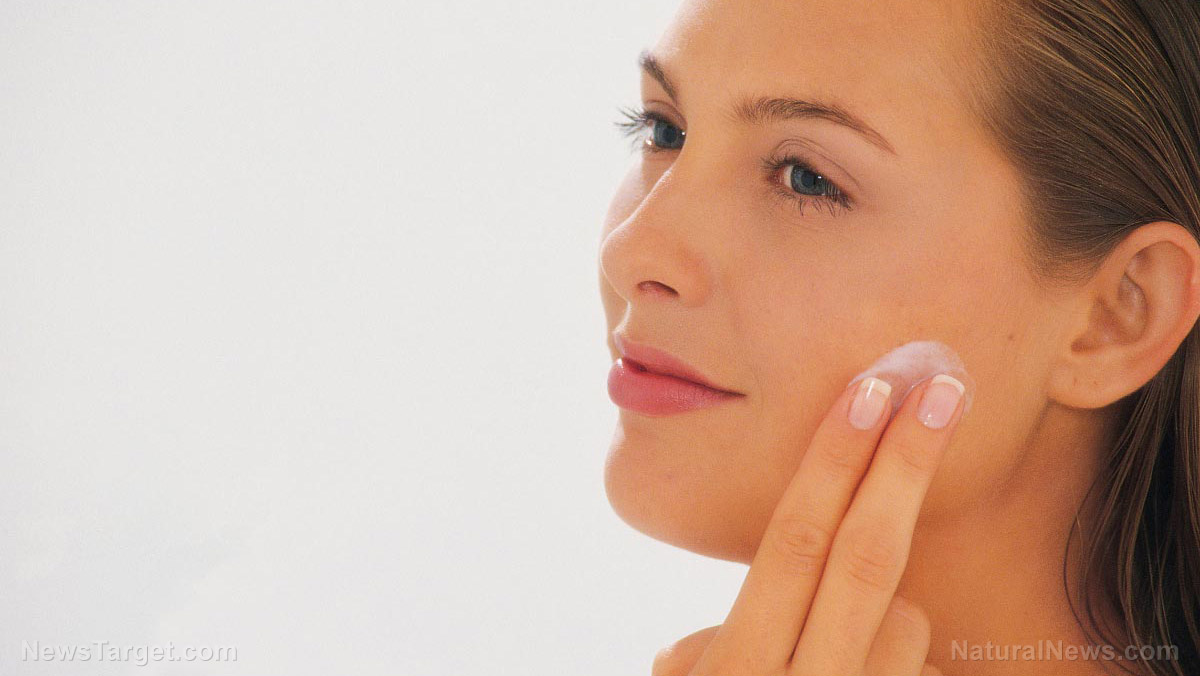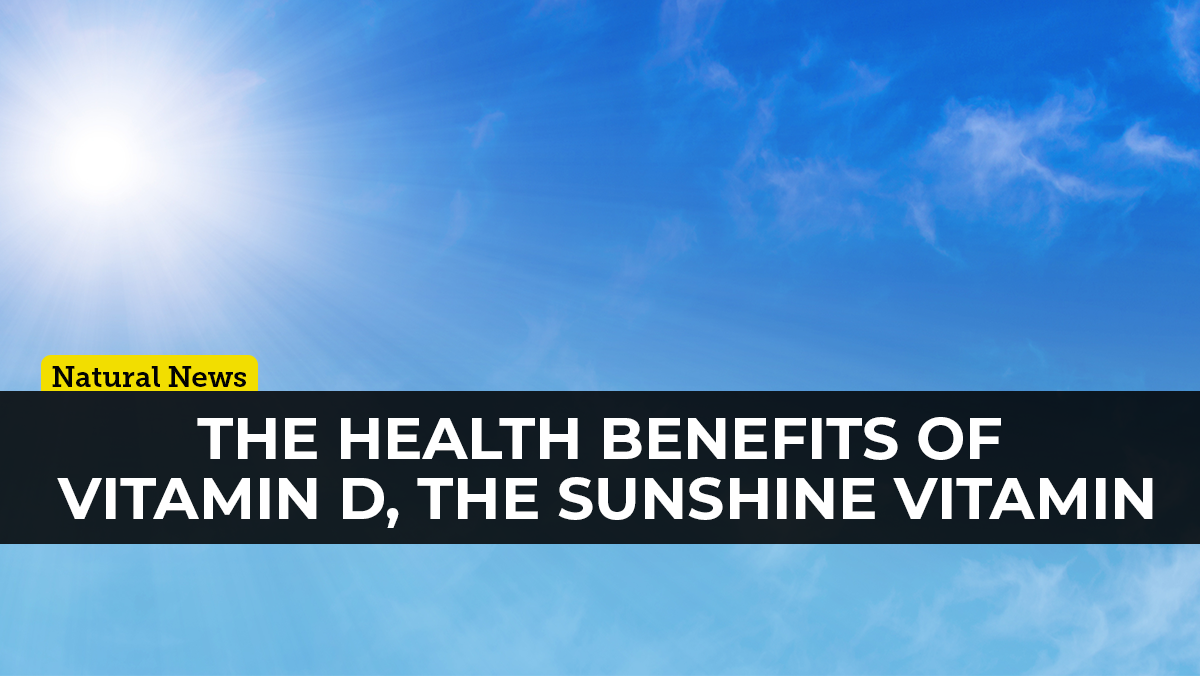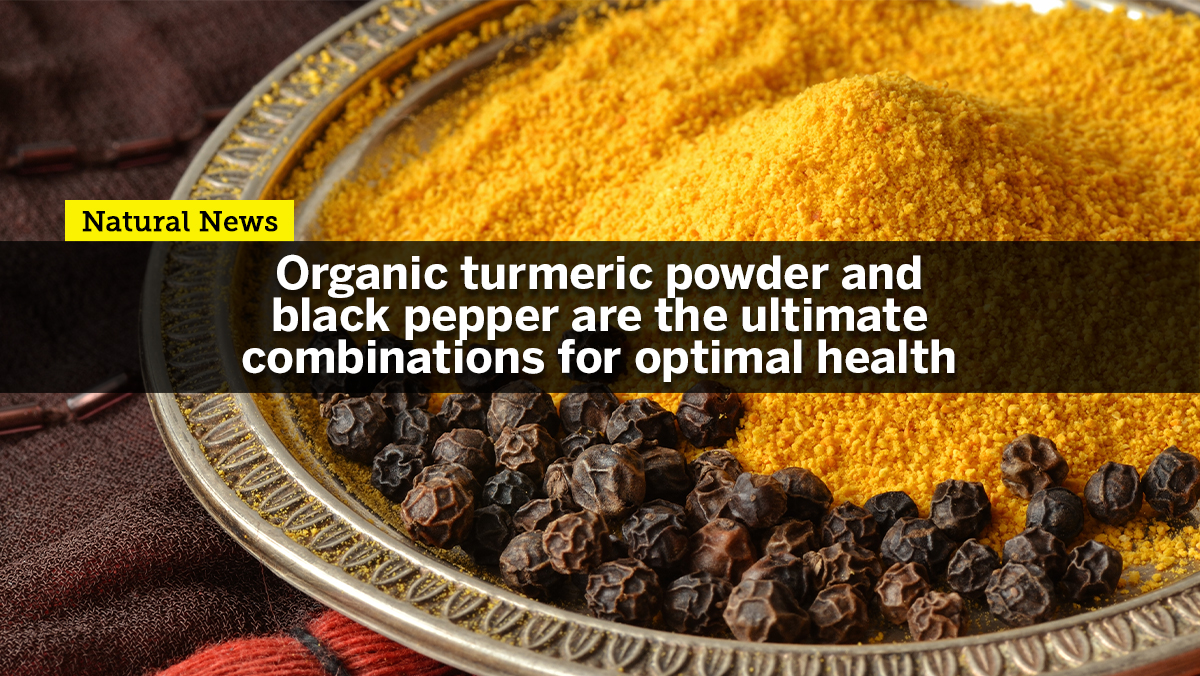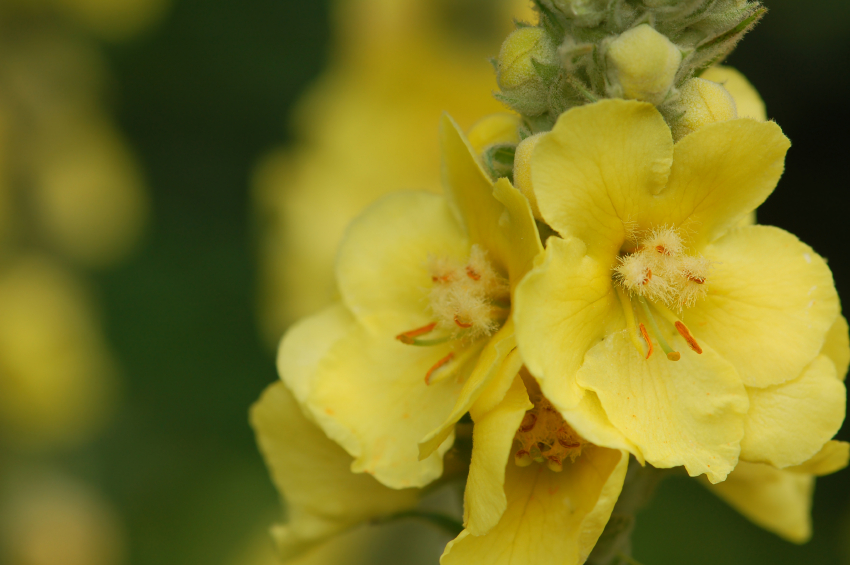Do you drink enough water to balance your blood sodium?
09/08/2019 / By Edsel Cook
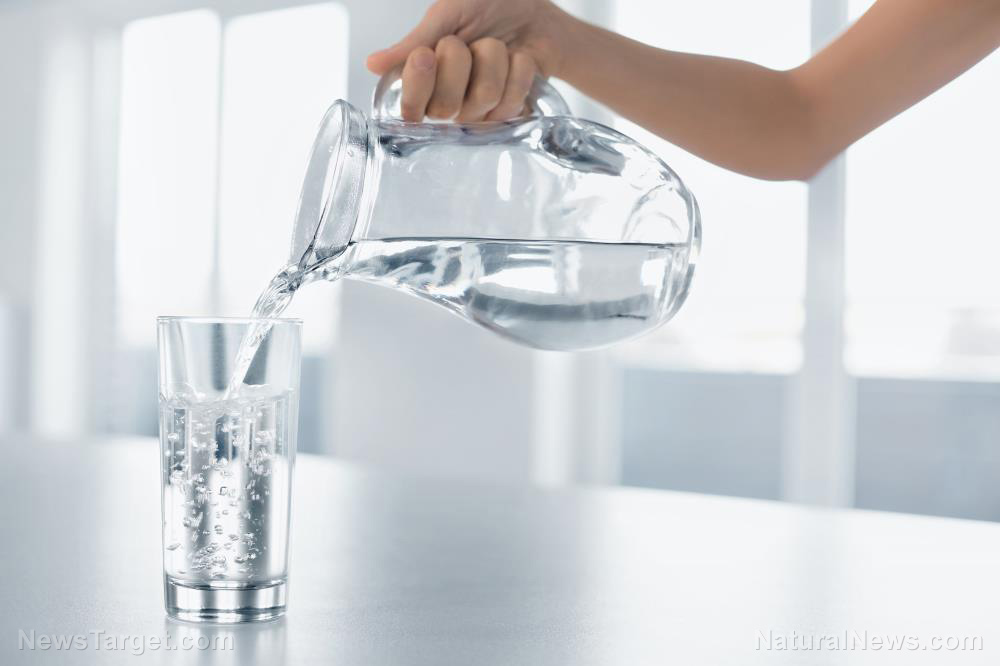
The amount of water consumed by a person affects the amount of sodium in his body. Drinking too much water leads to hyponatremia while skimping on hydration causes hypernatremia. Since both conditions are harmful, people must strive to get the right amount of water each day.
The sodium dissolved in the blood acts as an electrolyte, a mineral that transports electrical charges through a liquid medium. Usually found outside of cells, sodium helps water pass through the cellular membrane as it enters or exits cells.
If a person experiences changes in his fluid balance and blood sodium levels, he may develop either hyponatremia or hypernatremia. This is decided by the amount of water he drinks.
Experts define hyponatremia and hypernatremia as disorders of water metabolism. They affect the natural processes in the body that involve water.
Patients develop hyponatremia when they drink far more water than is needed. Their blood sodium levels go down since the amount of water in their bodies is much higher than the amount of sodium.
In comparison, patients with hypernatremia need water. Understandably, their blood sodium concentrations skyrocket since there’s too little water in their bodies to balance it. (Related: Bad food will kill you: Poor diet number one cause of death, chronic disease worldwide.)
Drinking too much water is bad for your sodium levels
When a person has too little sodium in the blood, more water enters the cells. As a result, the cells swell in size.
Swollen cells are bad news, but swollen brain cells are dangerous. When cells and tissues in the brain suffer from swelling, it can lead to confusion, headaches, irritability, seizures, and even coma.
Some of the symptoms of hyponatremia include cramped and weak muscles, nausea, vomiting, exhaustion, and low energy levels. The faster blood sodium levels drop, the less time the body has to adjust. This results in more severe symptoms.
Hyponatremia is not a permanent condition. The root cause and the severity of the condition determine its treatment.
Moderate cases stem from eating too many sodium-deficient foods, using diuretics, and drinking too much water. Patients with moderate hyponatremia need to reduce the amount of water they drink, eat salty but healthy foods, or reduce the amount of diuretics they are taking.
Patients with severe cases of hyponatremia need intravenous administration of a saline solution. The speed and amount of sodium transfer should be regulated to avoid further swelling of cells.
Insufficient hydration leads to hypernatremia
Symptoms of hypernatremia include irritability, restlessness, and twitching muscles. It also shares some symptoms with its opposite, hyponatremia.
Most hypernatremia cases are caused by dehydration. People either cannot drink enough water or their thirst mechanism is impaired. Hypernatremia can also be caused by diarrhea, vomiting, diuretic medication, or severe fever.
Hypernatremia hits older people harder and more often because some of their bodily processes no longer work as efficiently as they once did. Other vulnerable groups include people who rely on tube feedings and patients with dementia, stroke, and other altered mental states.
Replenishing fluids is the primary method of treating hypernatremia. For patients with mild cases, it usually involves drinking fluids.
More severe cases require intravenous delivery of controlled doses of water with small amounts of sodium. This kind of treatment takes place over a 48-hour period and slowly brings sodium concentrations down to normal levels.
Treatment for severe hypernatremia takes a very long time to prevent cerebral edema. If sodium levels go down too quickly, brain cells and tissues will swell.
The risk of cerebral edema during treatment makes hypernatremia more dangerous than hyponatremia. If not done properly and with the utmost care, it can cause permanent brain damage.
Sources include:
Tagged Under: blood sodium, brain damage, brain health, cerebral edema, dehydration, electrolytes, fluid intake, hydration, hypernatremia, hyponatremia, prevention, salt, sodium, swollen cells, water, water intake, water metabolism
RECENT NEWS & ARTICLES
COPYRIGHT © 2017 NATURAL CURES NEWS

